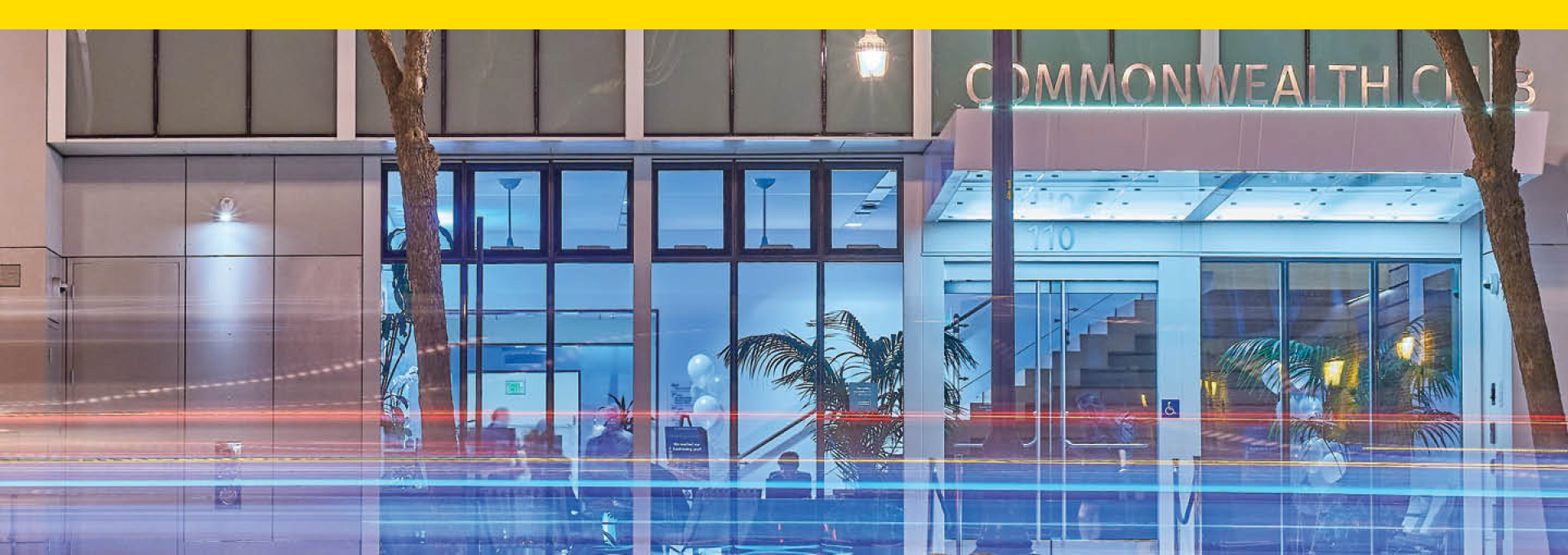Some pundits and politicians imply that investments from China are viagra cost somehow not aboveboard and are detrimental to the U.S. economy. Even though Wanxiang America has been investing in and acquiring U.S. companies since 1994, most of the American public has likely never heard of the company. Much of Wanxiang’s focus is in the automotive components sector, and their annual revenue has topped $4 billion. Join us for a discussion of Wanxiang, a company that serves as a case study, shedding light on the pros and cons of China's investments in the United States.
Pin Ni, president of Wanxiang America Corporation, will focus on Wanxiang's operation in America, addressing issues such as net gain or loss of employment in the United States because of investment and, in turn, motivation to invest in the United States. He will also discuss comparative advantages of China versus the United States, since not all of Wanxiang investments have succeeded, and some have involved rescuing failing operations.
Yukon Huang, a renowned economist, former country director for China at World Bank and author of the new book, Cracking the China Conundrum: Why Conventional Economic Wisdom Is Wrong, will further clarify and explain common misconceptions about China’s investments in the United States.
Moderator George Koo is a retired China business consultant and contributor to Asia Times. He has served as a board member of the only three-party, Sino-American-Nippon joint venture in automotive components in China.
Notes
In association with the Committee of 100

Pin Ni
President, Wanxiang America Corporation (a Wholly Owned U.S. Subsidiary of Wanxiang Group Company in Hangzhou, China)

Yukon Huang, Ph.D.
Senior Fellow, Carnegie Endowment; Former Country Director for China, World Bank; Author, Cracking the China Conundrum: Why Conventional Economic Wisdom Is Wrong

George Koo, D.Sc.
Former Vice Chairman, Committee of 100; Online Contributor, Asia Times—Moderator



